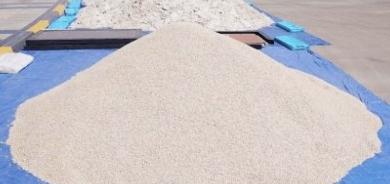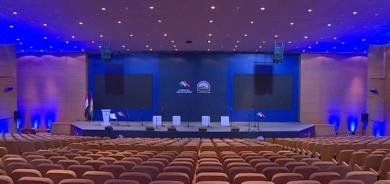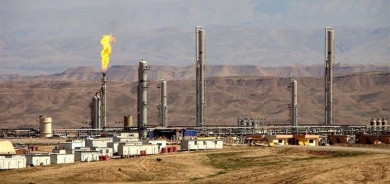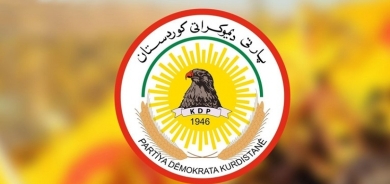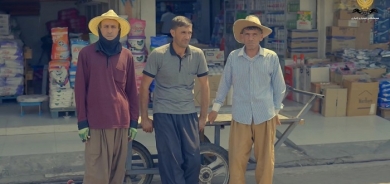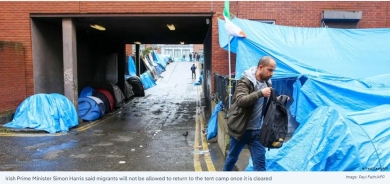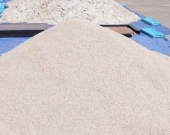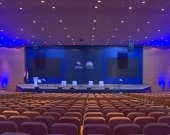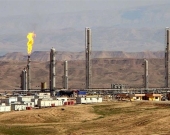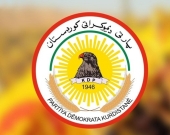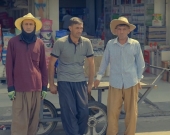Freedom from central authority is best solution to improve oil investment, says Diyala Council
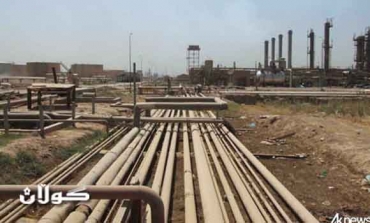
Chairman of the energy committee in the provincial council Ismail Ibrahim al-Jabbouri said: "We demanded the Ministry of Oil about the need to implement projects to develop oil fields in Nafet Khana area and the rest of the fields in other parts of Diyala in order to benefit the people of the province from its wealth.
"We also demanded the establishment of 30 world-class gas stations to ensure fair and easy distribution of petroleum products and to put an end to the fuel crisis that takes place in the province from time to time.
"Granting powers to local government and freedom from the centralism laws is the perfect choice to improve oil investment and accelerate attracting international companies," he added.
Jabbouri ruled out "the existence of political concerns with the government to invest in oil fields of Nafet Khana and other fields in the disputed areas".
"The Nafet Khana fields are currently under the control of the federal government and they belong to the North Oil Company and there is no constitutional authority to invest or exploit them by any party except the federal government."
Khanaqin district, 170km northeast of Baghdad, is one of the oil-rich regions and it includes 42 oil wells but oil is extracted from only four of them.
Officials in Diyala said the extracted oil from Nafet Khana fields is transferred to the Dawra refinery via a pipeline extended between Diyala and Baghdad. The director of Diyala fields Amir Mahmoud said there are projects to boost the productivity of oil fields in Nafet Khana from 3,250 to 15,000 barrels per day (bpd).
The chairman of the local council of Jabbar area Shokor Mahmoud Zangana called for "the implementation of strategic projects for the extraction and development of oil fields in the Kallabat and Sada areas between the area and Kirkuk province.
"The two fields are neglected since the era of the former regime and ever since because of their presence within the disputed areas and concerns about the political implications of their development or investment by the federal government."
Chairman of the Qarra Taba local council Rahim al-Qaiji meanwhile said: "The area includes five fields with enormous reserves of crude oil. The fields are spread in three villages. The most prominent is Abu Alak oil field, which includes the finest types of crude oil."
Qaiji added that the fields are fortified and protected by the Ministry of Oil and highlighted the need to accelerate the development and exploitation of oil resources for the reconstruction of infrastructure and services in the Qarra Taba area and its regions.
"The political and national problems must be resolved because they are the main reason behind the non-exploitation of oil fields in the area and government fears that the Kurdistan Regional Government will take over them after the implementation of Article 140 of the constitution."
The article states that measures should be taken to reverse the Arabization policy employed by Saddam Hussein before the referendum is carried out to decide whether the Kurdish areas within Diyala will become part of the Kurdistan Region.
Local officials in Diyala said the province did not get permission to invest its natural resources and oil fields. Some observers believe that granting the province the authority to invest in oil wealth will lead to disputes between the governments in Baghdad and Erbil because most of the oil fields are located in the disputed areas.
Experts say the oil reserves in Diyala province may qualify it to become an oil province and this will contribute to the improvement of the economic and commercial situation in addition to providing job opportunities for thousands of unemployed people within the public and private sectors.
Nafet Khana is originally a Kurdish word that means "the source of oil" and it is one of the oldest discovered oil fields in Iraq, dating back to the 1920s. The first well in the field was dug in 1919 and the Wand refinery was established afterwards, with crude oil derivatives produced in 1927. Production ceased when the refinery was bombed and destroyed during the Iraq-Iran war.
AKnews

